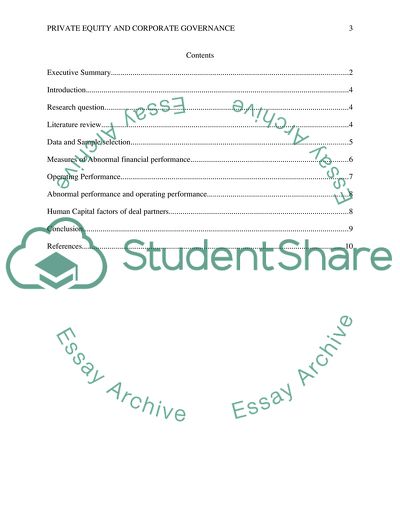Cite this document
(“Valuation of Coporations from Private Equity and Governance Research Paper”, n.d.)
Valuation of Coporations from Private Equity and Governance Research Paper. Retrieved from https://studentshare.org/finance-accounting/1634683-valuation-of-coporations-from-private-equity-and-governance
Valuation of Coporations from Private Equity and Governance Research Paper. Retrieved from https://studentshare.org/finance-accounting/1634683-valuation-of-coporations-from-private-equity-and-governance
(Valuation of Coporations from Private Equity and Governance Research Paper)
Valuation of Coporations from Private Equity and Governance Research Paper. https://studentshare.org/finance-accounting/1634683-valuation-of-coporations-from-private-equity-and-governance.
Valuation of Coporations from Private Equity and Governance Research Paper. https://studentshare.org/finance-accounting/1634683-valuation-of-coporations-from-private-equity-and-governance.
“Valuation of Coporations from Private Equity and Governance Research Paper”, n.d. https://studentshare.org/finance-accounting/1634683-valuation-of-coporations-from-private-equity-and-governance.


